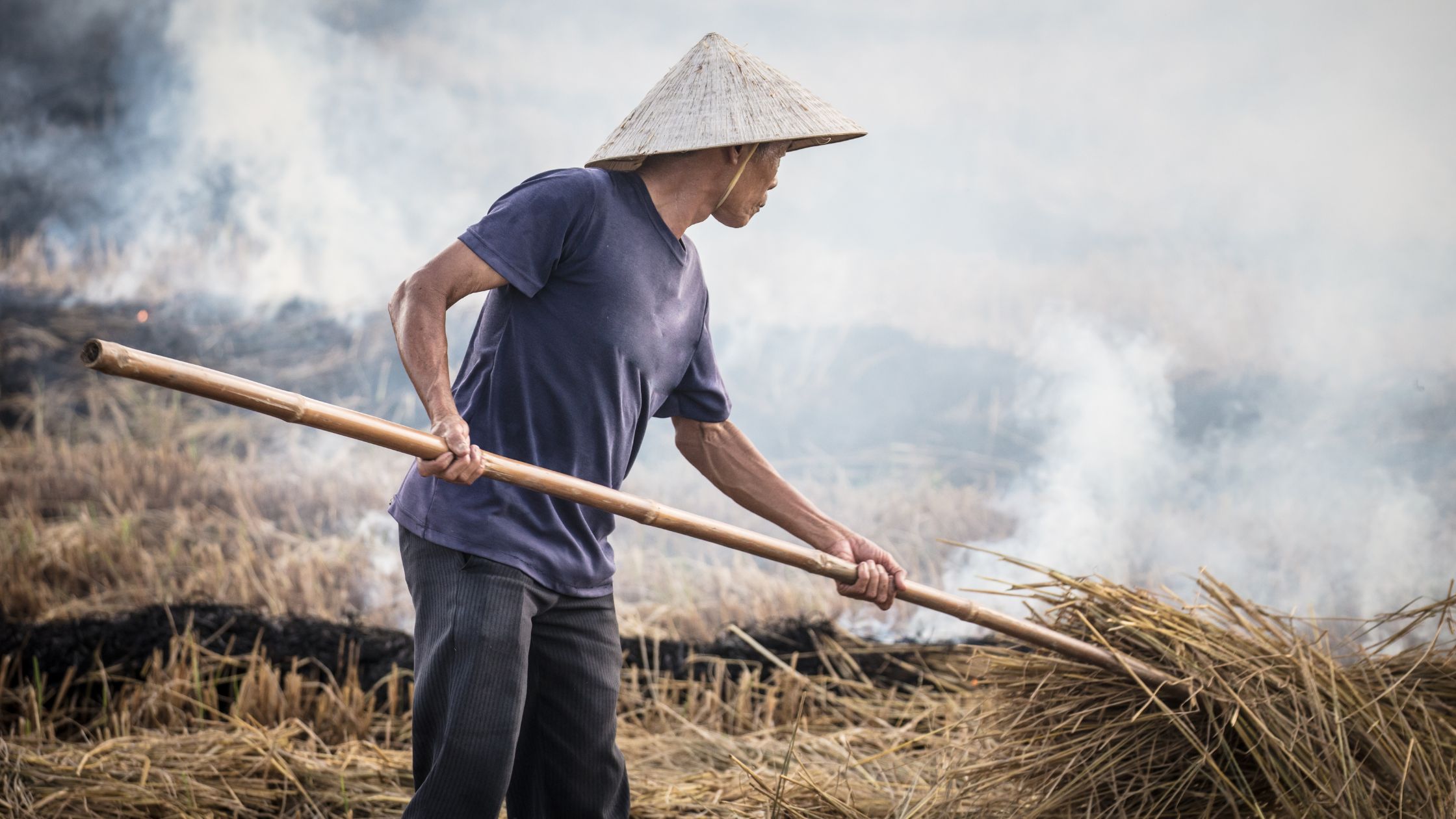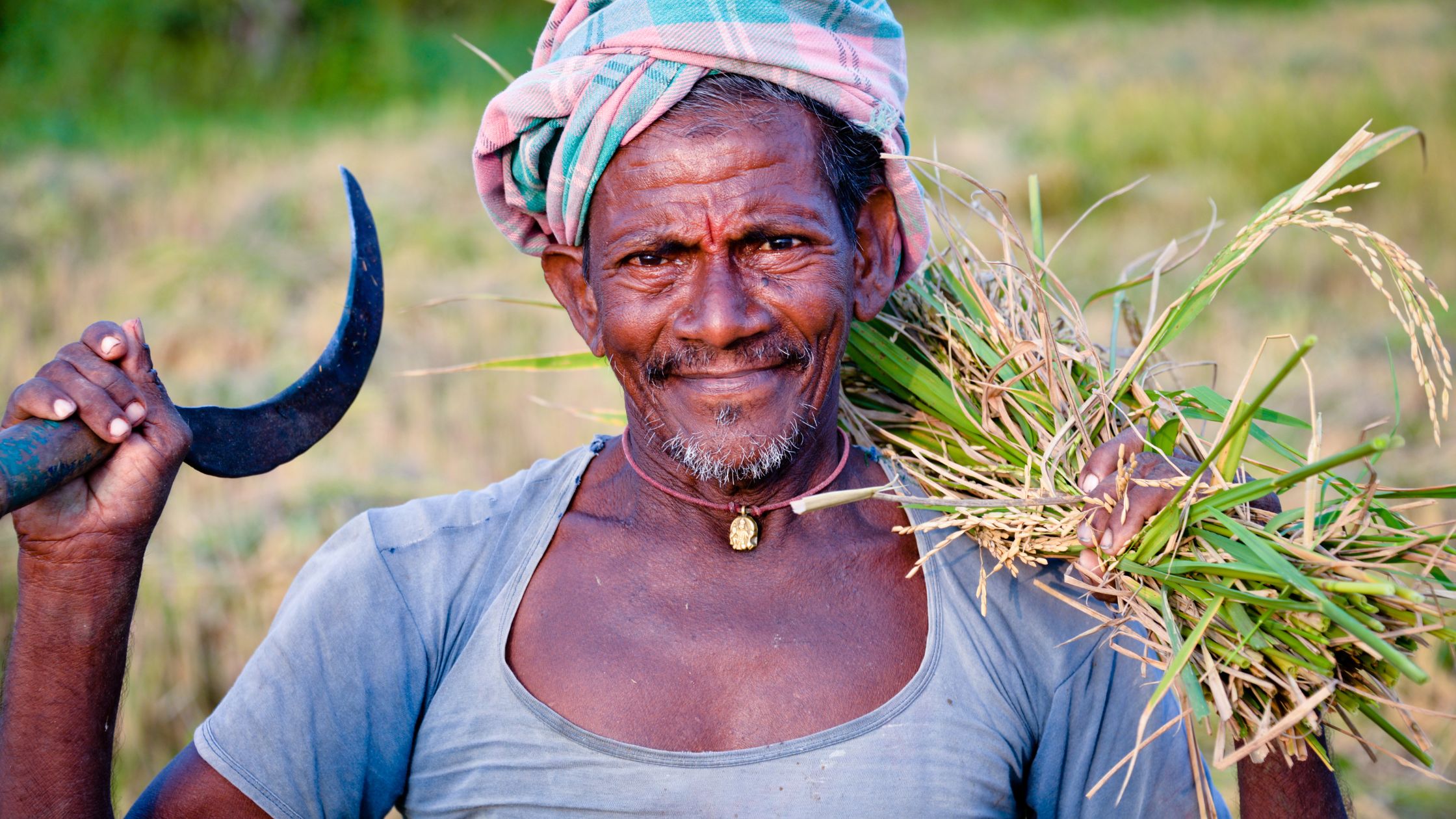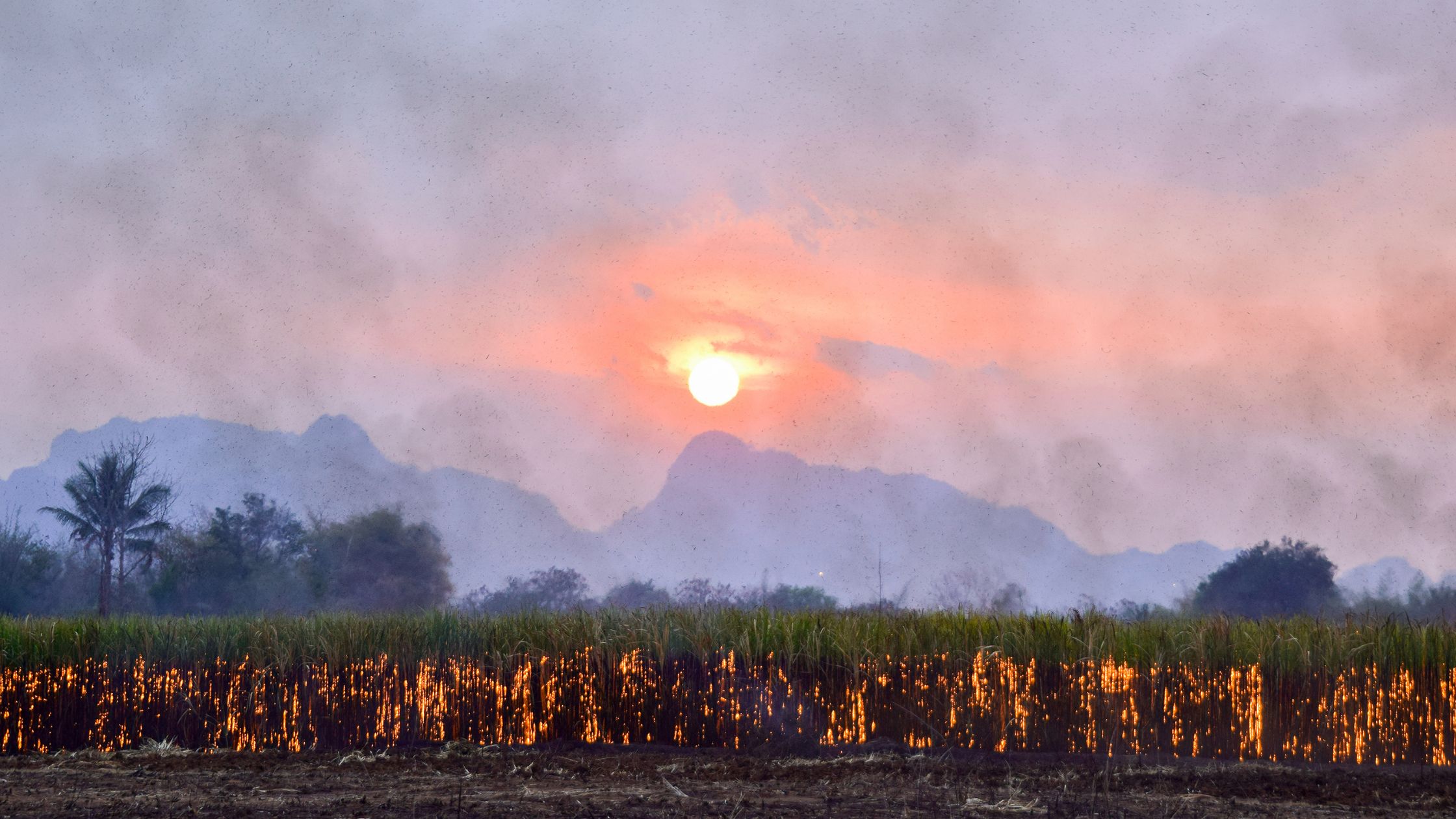News
Carbonfuture Announces Landmark 2025 Progress in Building a Scalable High-Integrity Durable CDR Market
Carbonfuture Announces Landmark 2025 Progress in Building a Scalable High-Integrity Durable CDR Market
Learn More
News
by
•
June 23, 2022

All around the world Biochar Life, an impact venture by Warm Heart Worldwide, is mobilizing a huge untapped human resource, the smallholder farmers in the developing world, to convert currently burned crop waste – a huge source of greenhouse gases - into carbon sequestering biochar. Through Biochar Life’s training, smallholder farmers learn to create biochar from their crop waste instead of burning it on their fields, not only reducing the CO2 emitted, but actively removing it from the atmosphere. Ultimately, this practice gives farmers across the world access to the global carbon removal market for third-party verified carbon sequestration and therewith passage to a new revenue stream.

Together with Biochar Life, Carbonfuture will be sourcing 1000 tonnes of CO2e from biochar projects in developing countries such as Malawi, Kenya and Thailand in the first year of the newly announced partnership. Not only does this represent a meaningful contribution to our path to removing gigatonnes of CO2 from the atmosphere, it also helps smallholder farmers throughout the world to reduce crop waste burning, slow climate change, clean the environment, and improve their own livelihoods by selling carbon removal credits on global markets. The pre-financing through Carbonfuture helps facilitate the growing adoption of smallholder farmers via timely payments for their biochar production and application.
Warm Heart’s journey with smallholder farmers and biochar started about seven years ago with its “Stop-the-Smoke" initiative which focuses on encouraging smallholder farmers to produce biochar from their crop waste instead of open field burning it, and to use that biochar to regenerate their soil or improve animal feed. Open field burning generates huge quantities of greenhouse gas and fine particulate smoke (PM2.5) emissions. Since the start of the “Stop-the-Smoke" initiative in 2015, the leadership and volunteers of Warm Heart were able to train more than 10,000 farmers throughout countries in Southeast Asia and Africa. With this training, the participating farmers learn how to make biochar using low-tech equipment and environmentally sustainable methods of application.

In order to third-party certify the biochar that is being produced by these farmers, Biochar Life recently completed their European Biochar Certification (EBC) standard for tropical farmer accreditation audit together with the Ithaka Institute, making it among the earliest organizations to receive the new EBC “tropical farmer” accreditation.
Developed by the Ithaka Institute, the EBC standard is globally recognized by biochar producers who are committed to issuing science-based carbon-sink credits. Over a period of twelve months, the teams from Ithaka Institute and Warm Heart collaborated to refine and pilot the standard in multiple countries. As shared by Hans-Peter Schmidt, Director of the Ithaka Institute, “We believe the new adaptation and accreditation for tropical farmers addresses a critical need for an economically obtainable yet robust methodology and standard for smaller producers, such as smallholder farmers.”

All in all, the combination of Biochar Life's collaboration with the Ithaka Institute as well as obtaining the EBC accreditation marks a major milestone for the company and the 2.5 billion smallholder farmers who live beyond the fringe of development. By empowering them to turn their crop waste into marketable carbon sink certificates, Biochar Life supports smallholder farmers throughout the world in reducing crop waste burning and pollution, creating climate impact, elevating public health and improving their own livelihoods by selling carbon removal credits (c-sink credits).

Carbonfuture supports decentralized low-tech biochar projects, as these avoid open field burning of biomass, a practice that usually causes harmful methane emissions and smokes. In contrast, the pyrolysis of such biomass streams, creates valuable biochar, showing a more positive emissions balance compared to the existing situation, as well as the ability to sequester carbon for the long term. Furthermore, the use of former agricultural waste products represents a big leap into a more circular economy, providing an additional revenue for farmers, while keeping their soils and livelihoods healthy. By teaming up with Warm Heart Worldwide, we now enable climate action for a broader scope of biochar producers around the globe.